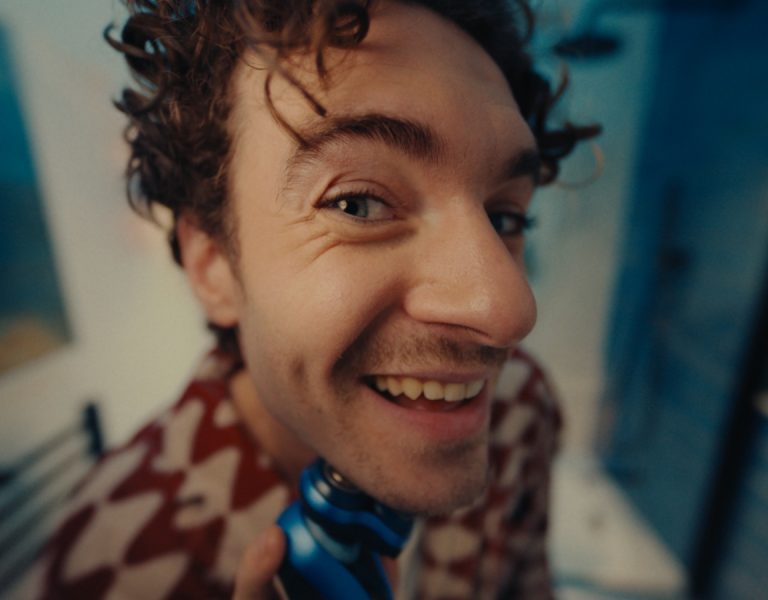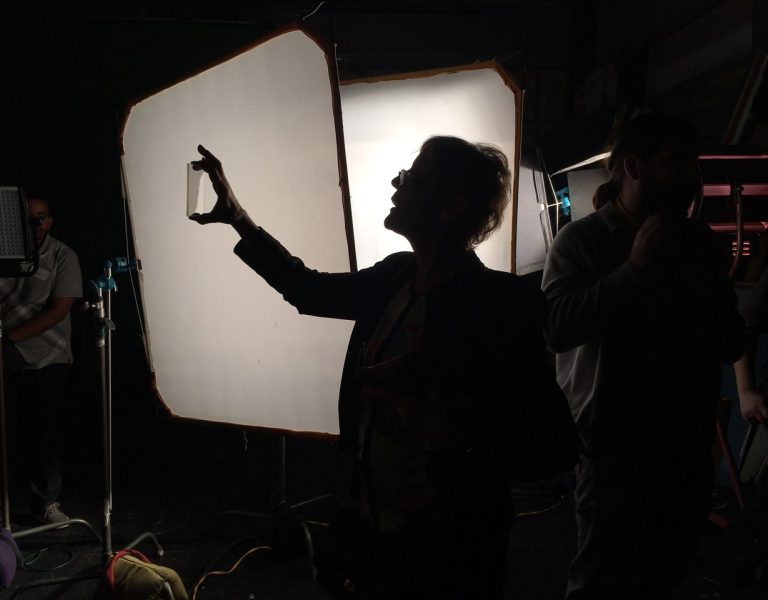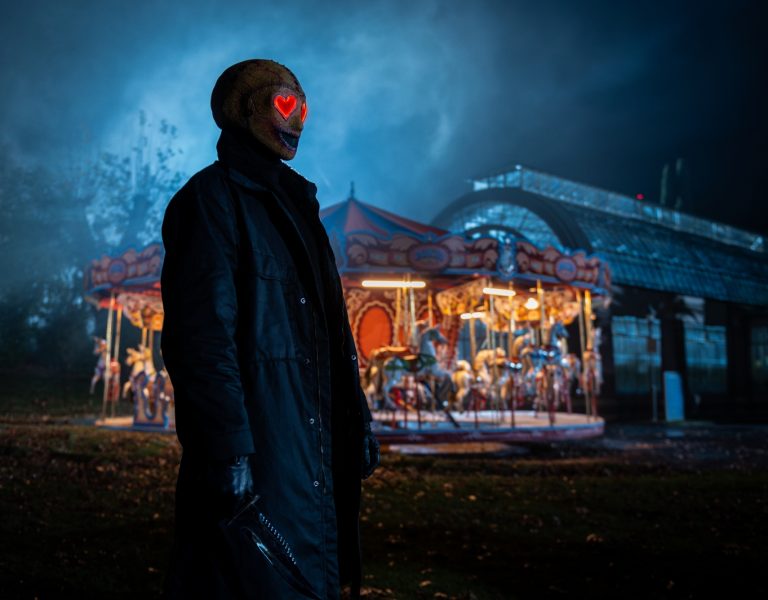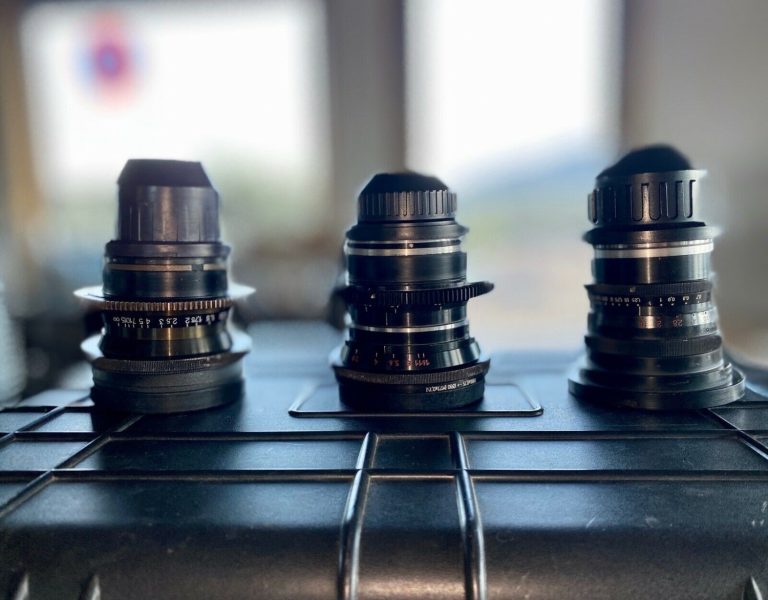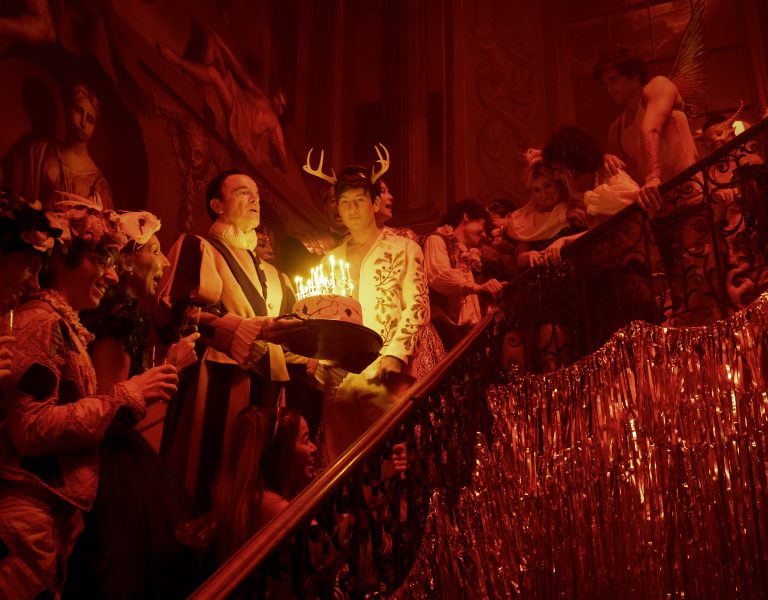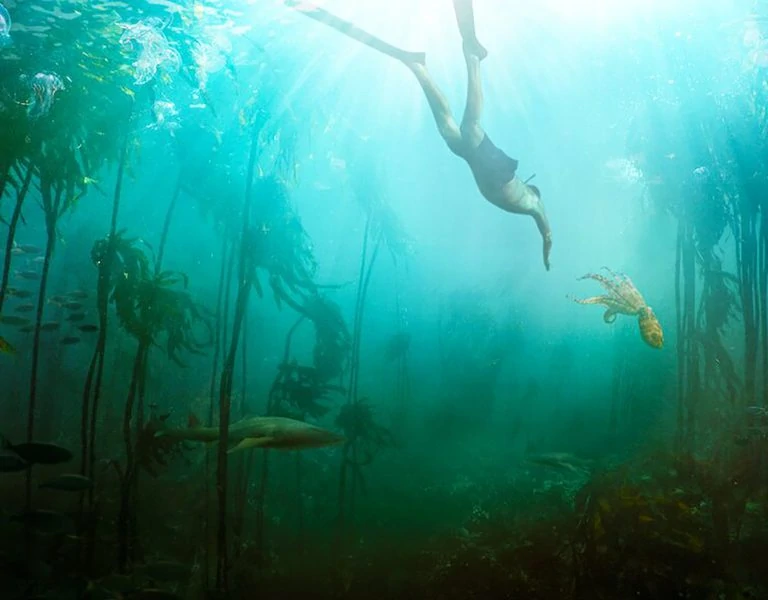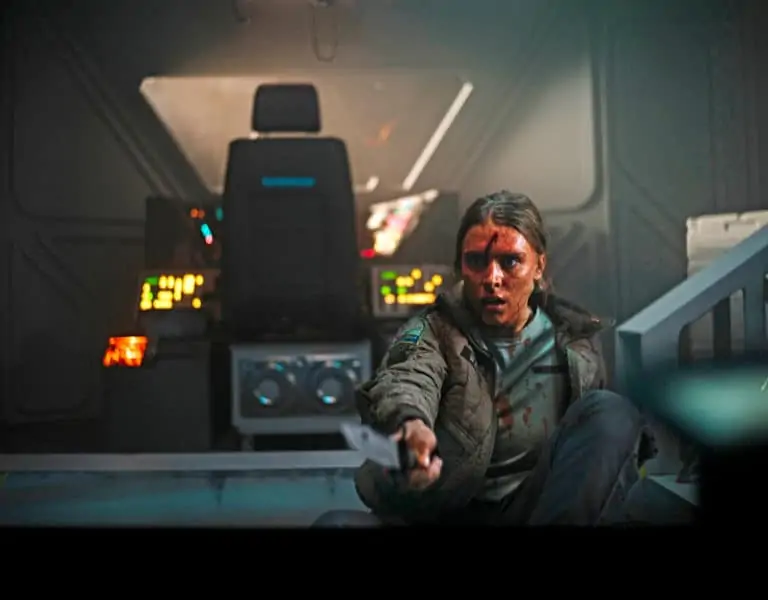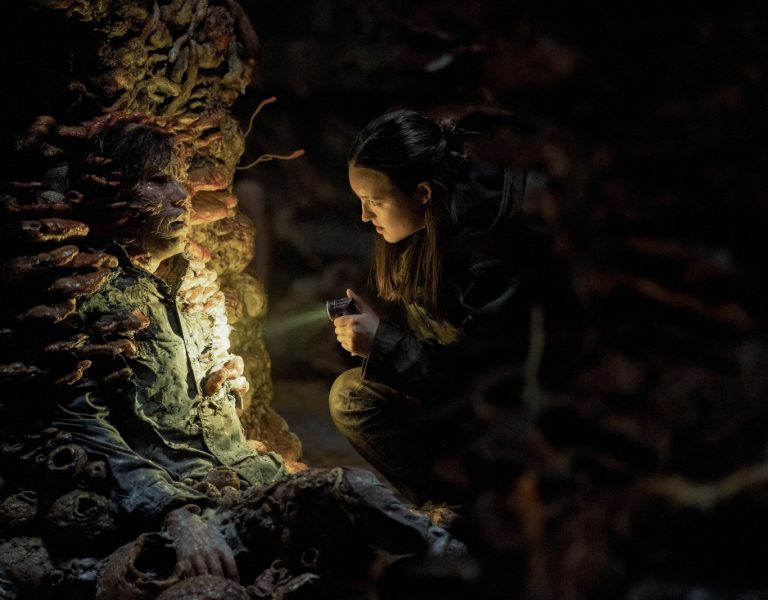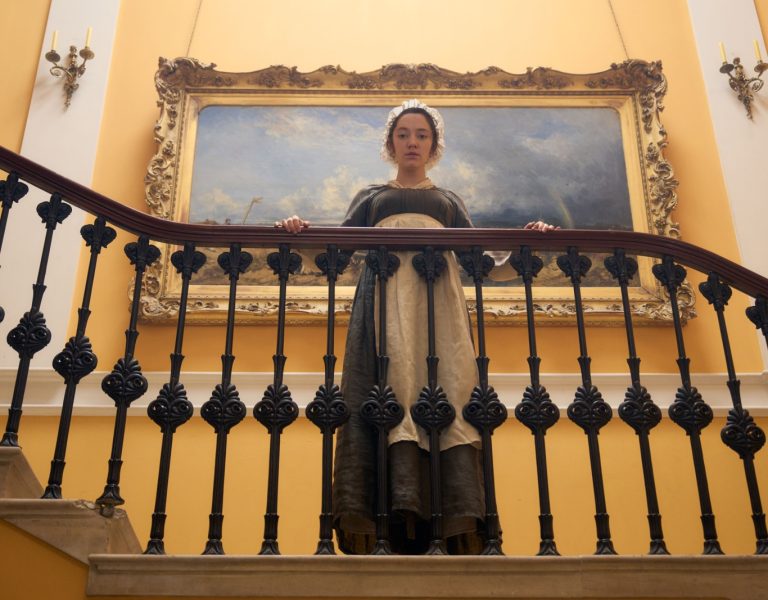WOMEN ON THE VERGE
Tania Freimuth captures the unlikely friendship between two Irish women at very different stages of life in Verdigris, an incisive study of power and privilege from director Patricia Kelly.
Despite commentary decrying its apparent demise, social-realist cinema has enjoyed a welcome return to the spotlight in recent months, with releases like Ken Loach’s The Old Oak and Charlotte Regan’s Scrapper charming audiences and critics alike. Patricia Kelly’s debut feature, Verdigris – winner of the Best Independent Film Award at the Galway Film Fleadh – continues this upward trend with her portrayal of two women of different social standing united by loneliness in Dublin.
When reluctant retiree Marian takes up a part time job as a census enumerator – without her controlling husband’s knowledge – she finds comfort in her unexpected friendship with sparky teenager Jewel. After Marian realises Jewel is living alone, the duo strike a deal: Jewel will help Marian engage with the locals on her tough, inner-city census route, as long as the older woman doesn’t report her to the authorities.
Cinematographer Tania Freimuth (Dream Big, Little Darlings) met Kelly at what she calls an “old-school networking event” – held online due to COVID – where industry members are paired up for seven-minute meetings to see if they have a creative synergy. The pair clicked and in their post-event correspondence, the director sent Freimuth the script for Verdigris.

“It felt very human, engaging and authentic,” remembers Freimuth. “I’ve now seen it a couple of times with an audience and it seems to captivate people in a really subtle way. We’re so used to watching these big movies with lots of action – explosions and fast cars – and in that respect, Verdigris is a really quiet film.”
Central to the filmmakers’ initial discussions was finding a harmonious shooting style that straddled the line between fiction and documentary. “We agreed to stick with the structure of a narrative fiction film, putting it in the social realism genre, but finding a way to strike the balance between that and a documentary style of shooting,” Freimuth recalls.
“We had to remind ourselves on a day-to-day basis [to find that balance], because you develop so many shooting habits. It was about doing that dance – choreographing the camera movement with the actors’ blocking – and the camera was key to that.”
Building on their shared appreciation for social realism, Freimuth and Kelly aimed for a gritty look for Verdigris with a subjective approach to framing. Their visual references for the camerawork and lighting included Never Rarely Sometimes Always (2020) and Fish Tank (2009), and Freimuth also looked at Beach Rats (2017) and Red Road (2006).

“At the time I considered shooting in 16mm format, primarily for the narrower field of vision, but due to the dip in resolution and not knowing the future for the film, I went in favour of large format,” the DP adds.
With handheld shooting imperative to the visual grammar of Verdigris, the cinematographer required a lightweight and compact camera package, so turned to Canon’s EOS C500 II with Canon Flex Zooms and CN-E Primes. “It was a pragmatic choice,” she explains, “because the camera tends to be built ‘up’ rather than ‘out’. We were working in such small spaces and in close proximity to the actors – we were moving around each other with six inches between the front of the lens and the actors, so there was no space for bulk.”
Shooting in January 2023, the filmmakers chose locations across central Dublin for Marian and Jewel’s homes. Although middle-class Marian’s house is spacious, it simultaneously feels claustrophobic due to her husband’s domineering attitude towards her. To this end, the filmmakers gave the space a tungsten-inspired, hard-contrast look, developed in the grade with colourist Lena Turnier. “We wanted to bring out the reds, so it’s hard and unforgiving,” says Freimuth. “There’s something about that military red that should make you feel comforted but it’s actually quite sinister. I also wanted inky blues and to work a touch of green in there.”
In contrast, Jewel’s cramped flat – where she lives without her parents – was always meant to feel lighter and airier: “youthful, but with the odd pop of colour,” Freimuth continues. “We had those ubiquitous RGB lights for clouds or domes which go pink, green or yellow, and I also wanted a few fairy lights – but not too many. I wanted the apartment to have a youthful feel that wasn’t just an adult’s interpretation of youthful.”

Jewel’s pad posed an extra challenge from a lighting perspective. Interiors were shot in a ground-floor house, but the teenager’s flat was meant to be high-up. “We had lights tipping in from the top of the windows but I thought, ‘We’re three floors up, these lights wouldn’t be coming in from above, they’d be coming in from below,’” Freimuth remembers. “It was about remembering what your environment is, what the natural sources of light are and either how to incorporate them or mimic them, and use what you’ve got (on your budget) to support that.”
Freimuth’s pride for the film is clear and she highlights the indomitable support of her 1st AC, Jack Long, and 2nd AC, Susanne Evers. “Verdigris was a real testament to the guts it takes to pull a production together in the indie sector. It’s a truly indie film – a rank outsider – and a lot of heart went into it. It was one of those joyous filmmaking experiences, so kudos to the whole crew.”
And a fruitful experience too, it seems – Verdigris has five Irish Film & Television Award nominations to its name, as well as Best Irish Film at Los Angeles’ Newport Beach Film Festival, Best Narrative Feature at the Kerry Film Festival, and Best Feature Film at the Irish Film Festival London.


